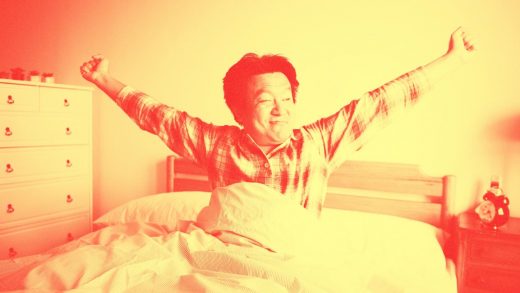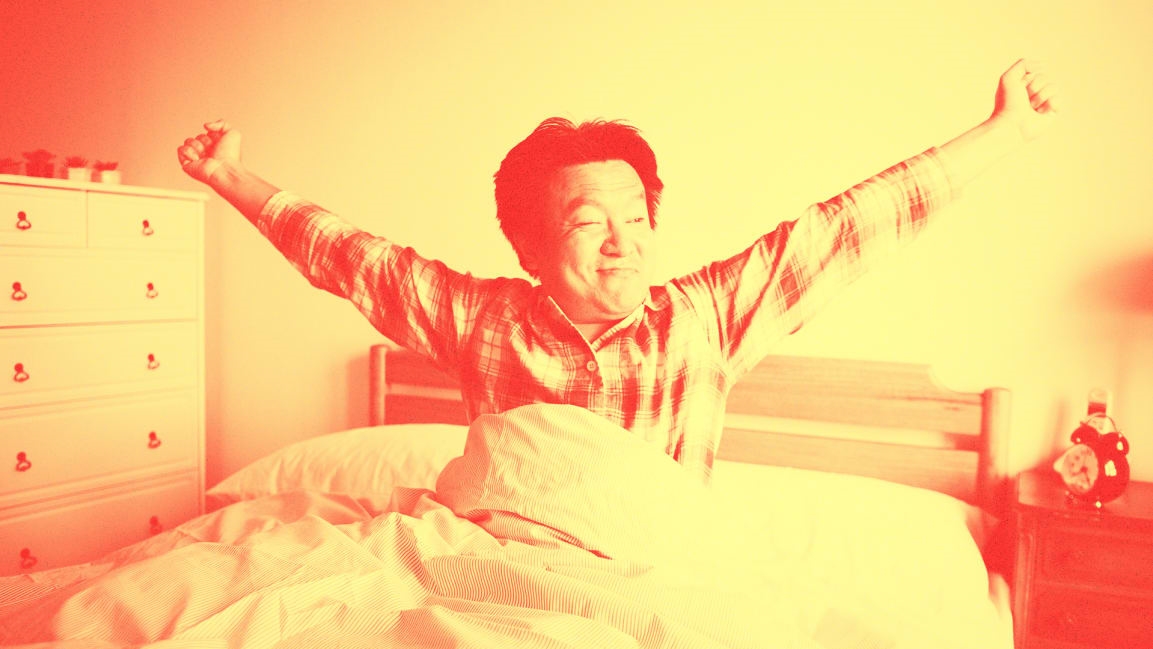Just getting more sleep might not improve productivity and well-being, a new study finds
If you’re a little short on sleep today, know that more shut-eye might not have changed anything.
A new study from Massachusetts Institute of Technology suggests that more sleep alone doesn’t improve performance or well-being, especially for people whose nighttime sleep is often interrupted.
Most sleep research takes place in labs, where sleep quality is high. Researchers equipped 452 real-world, lower-income workers in Chennai, India, with wrist devices to track their sleep at home. The participants, who worked flexible data entry jobs, then increased their nightly sleep from about 5.5 hours to roughly six hours through a mix of encouragement and financial incentives.
The 30-minute boost did none of the things you would expect. It had no impact on productivity, earnings, decision making, blood pressure, or sense of well-being. This surprised the researchers, because sleep has long been associated with everything from increased energy to emotional control.
The extra sleep did lower one metric—overall time spent working.
“If you spend more time in bed, then you have less time for other things in your life,” says co-author Frank Schilbach, an MIT development economist.
One sleep change improved participants’ lives, though. Short daytime naps improved productivity, cognitive function, and well-being as well as lowered spending.
But there was a catch. Every minute the participants spent napping was a minute they weren’t paid for their work.
The researchers say their findings suggest that sleep quality may be essential. Participants experienced many nightly sleep interruptions, a saga familiar to anyone who lives with children. Even with eight hours in bed, they were still averaging 5.5 hours of sleep at the start of the study.
“A key thing that stands out is that they had extremely few periods experiencing what’s thought to be the restorative benefits of deep sleep,” says Shilbach. “Adding sleep of poor quality may not have the benefits that another half hour of sleep would have, if it’s of higher quality.”
(30)



